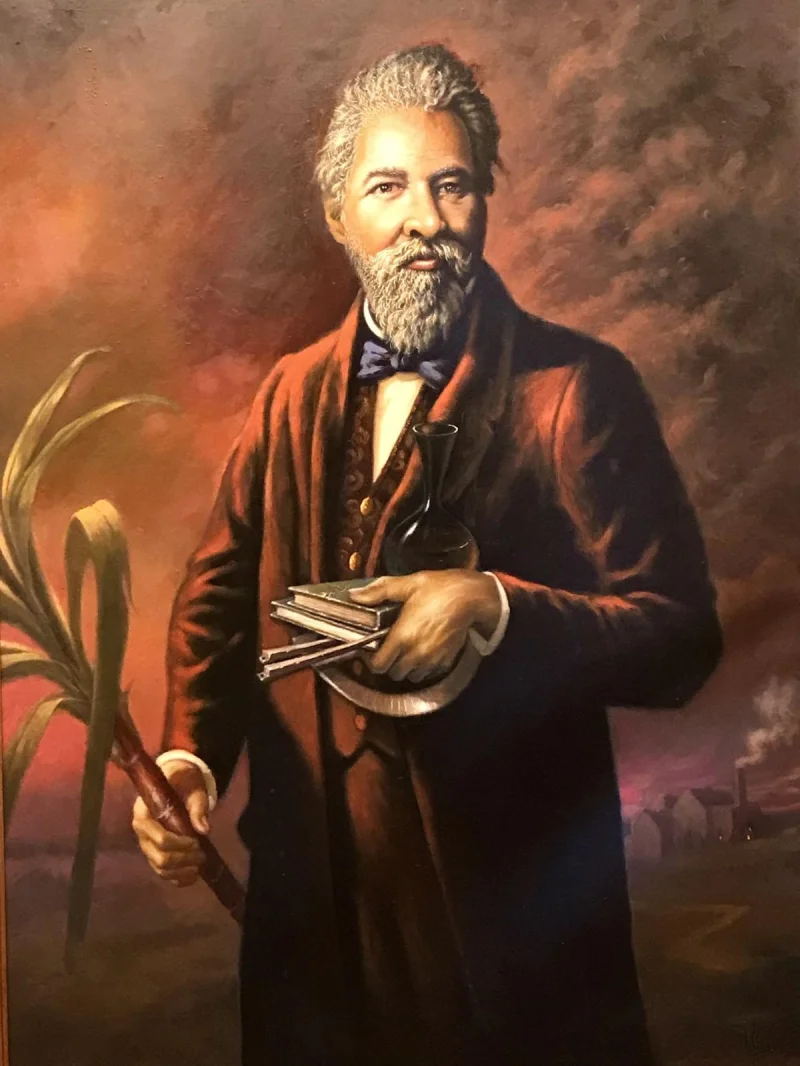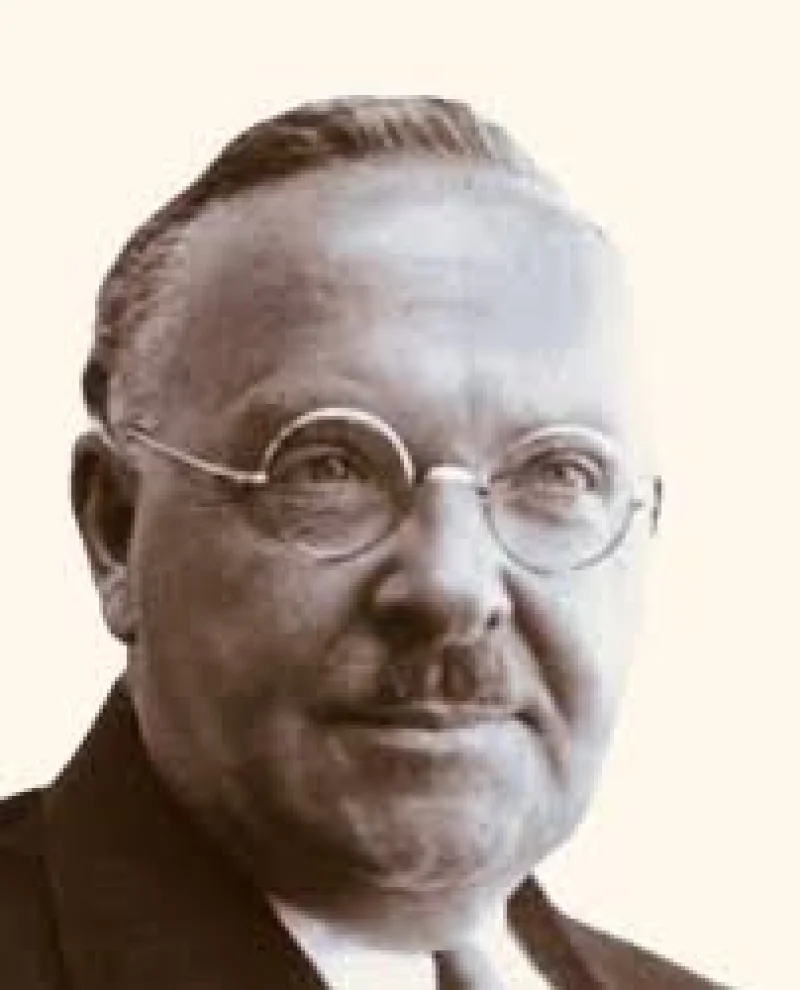Short Summary
Antonie van Leeuwenhoek was a Dutch scientist renowned for pioneering work in microscopy and for being the first to observe and describe microorganisms, which he referred to as "animalcules." His groundbreaking discoveries laid the foundation for microbiology and revolutionized the scientific understanding of the microscopic world. Despite lacking formal scientific training, his meticulous observations and innovations in lens-making earned him international recognition and a place among the most influential figures in the history of science.
Early Life & Education
Born on October 24, 1632, in Delft, Netherlands, Antonie van Leeuwenhoek came from a middle-class family. He received a modest education and did not attend university. His early life was marked by an apprenticeship as a fabric merchant, where he first developed an interest in lenses and magnification, using them to inspect cloth. This early exposure to lenses ignited a lifelong passion for microscopy. Van Leeuwenhoek's self-taught knowledge and innate curiosity about the natural world were significant influences on his later achievements in science.
Career Highlights
Van Leeuwenhoek's career took an unconventional path, beginning as a fabric merchant and subsequently evolving into a pioneering microscopist. He crafted over 500 optical lenses, developing intricate microscopes that allowed him to observe previously unseen microorganisms. Reporting his findings to the Royal Society of London, he gained recognition for his meticulous and detailed observations. His career highlights include the first observations of bacteria, sperm cells, blood flow in capillaries, and the intricate structures of various plant and animal tissues.
Major Achievements
- First person to observe and describe microorganisms, which he called "animalcules."
- Developed advanced single-lens microscopes with high magnification and clarity.
- Discovered bacteria, sperm cells, and blood cells, providing new insights into human and animal biology.
- Published extensive findings through the Royal Society of London, influencing future scientific research.
Famous Quotes
- "My work, which I've done for a long time, was not pursued in order to gain the praise I now enjoy, but chiefly from a craving after knowledge."
- "In the absence of any other proof, the thumb alone would convince me of God's existence."
Interesting Facts
- Van Leeuwenhoek never shared his lens-making techniques, which have since been lost.
- He was a contemporary of Isaac Newton, and the two were members of the Royal Society of London.
- Despite lacking formal scientific training, he was recognized as a Fellow of the Royal Society due to his contributions to science.
- His microscopes were capable of magnifying up to 275 times, an unprecedented feat at the time.
Legacy / Influence
Antonie van Leeuwenhoek's discoveries fundamentally altered the scientific community's understanding of life at the microscopic level. His work laid the groundwork for the field of microbiology, influencing countless future scientists and leading to significant advancements in biology, medicine, and technology. His dedication to empirical observation and meticulous documentation set a standard for scientific inquiry that continues to inspire researchers today.
FAQ
Q: Why is Antonie van Leeuwenhoek famous?
A: He is famous for his pioneering work in microscopy and being the first to observe and describe microorganisms.
Q: What did Antonie van Leeuwenhoek discover?
A: He discovered bacteria, sperm cells, blood cells, and other microscopic organisms.
Q: Did Antonie van Leeuwenhoek have formal scientific training?
A: No, he was largely self-taught and gained knowledge through practical experience and observation.












